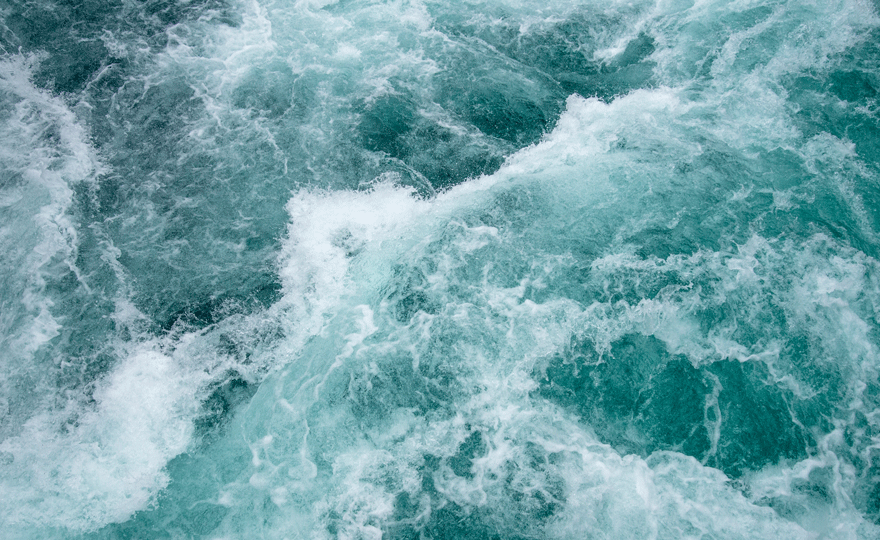ClientEarth Communications
19th December 2018


Overfishing remains a key concern for Europe’s seas after EU fishing ministers again set fishing quotas that disregard scientific advice and the law, environmental lawyers warn.
This morning the EU announced its annual fishing limits for 2019, for the Northeast Atlantic and North Sea. The bloc’s Common Fisheries Policy (CFP) legally requires reaching sustainable fishing limits by 2020. However, a year before the legal deadline, ministers have ignored alarm bells by again setting quotas too high for many species.
Science and policy advisor Jenni Grossmann, from environmental law charity ClientEarth, said: “With this decision, EU ministers have once again signed off overfishing for certain stocks in European waters, including vulnerable species such as whiting in the Irish Sea and cod in the West of Scotland and the Celtic Sea.
“This year’s December council negotiations were the penultimate chance for ministers to get on track to meeting the legal 2020 deadline for sustainable fishing limits. By disregarding scientific advice, they are delaying stock recovery and risking even more painful quota cuts next year."
A particular concern is the clear tendency from both the Commission and the Council to prioritise stocks of economic importance over others, which are primarily caught as bycatch, even though the CFP’s sustainability objectives apply to all harvested species.
Commissioner Vella and the Council Presidency praised the agreement for following scientific advice on maximum sustainable yield for 59 stocks. However, for the majority of Northeast Atlantic stocks, such advice is still lacking, and the precautionary scientific advice issued instead continues to be ignored every year.
With the landing obligation fully coming into force in January and the sustainability deadline in 2020, industry and decision makers are pushing for measures to mitigate the challenges they face. Using ‘bycatch’ allowances for certain stocks – despite scientific advice for zero catches, especially in the absence of concrete measures to improve the situation – is not the answer.
We need your help to protect our planet – donate here
Grossmann added: “We welcome that European ministers have now recognised the dire situation of stocks such as Irish Sea whiting and Celtic Sea cod by committing to developing ambitious bycatch reduction plans.
“However, the bycatch allowances agreed by ministers exceed scientific advice on sustainable fishing levels. Their decision to take this approach now means that strict conditions and effective recovery plans will be needed to ensure these stocks are restored in line with Common Fisheries Policy rules.
“An appalling lack of transparency in the decision-making process has made it far too easy for ministers to set unsustainable quotas year after year. Discussions take place behind closed doors, and there are no published records of these meetings to justify why ministers keep setting catch limits above scientific advice.
“Some member states, like Ireland, France, Belgium and Spain have been particularly vocal in the past, successfully pushing for unsustainable fishing limits for certain species such as cod, haddock and hake. Both the Council as a whole and all ministers are responsible for ensuring the outcome of the Council meeting is in line with the CFP’s rules and objectives. This year’s failure to do so will have to be rectified next year.”